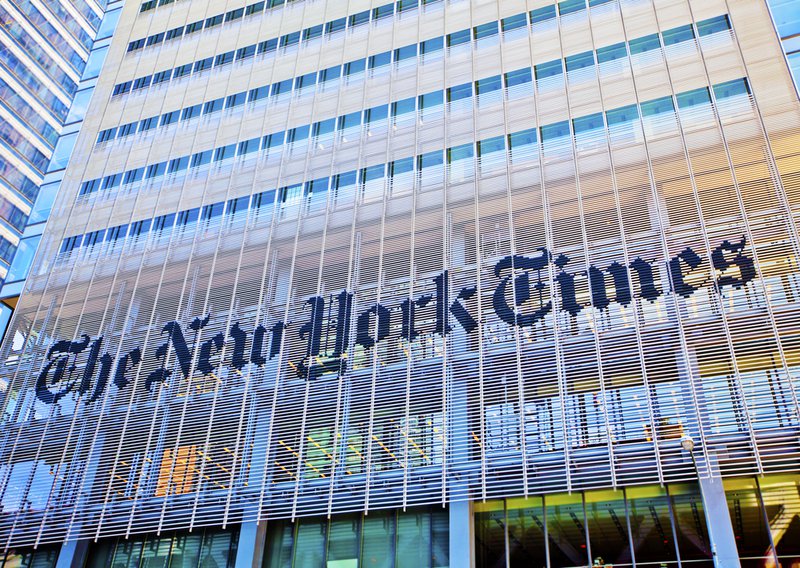Humans Are Impetuous and Shortsighted. Can We Change?
In The News Piece in New York Times

Stuart Monk / Shutterstock.com
Aug. 27, 2019
Bina Venkataraman's book The Optimist's Telescope was reviewed in the New York Times.
Many awaken wishing they’d drunk less the night before. Many fewer wish they’d drunk more. Shortsightedness is also common among nonhuman animals. Birds, for example, often choose small but immediately available portions of food over much larger ones that arrive after a brief delay.
How might we mitigate losses caused by shortsightedness? Bina Venkataraman, a former climate adviser to the Obama administration, brings a storyteller’s eye to this question in her new book, The Optimist’s Telescope. She is also deeply informed about the relevant science.
The telescope in her title comes from the economist A.C. Pigou’s observation in 1920 that shortsightedness is rooted in our “faulty telescopic faculty.” As Venkataraman writes, “The future is an idea we have to conjure in our minds, not something that we perceive with our senses. What we want today, by contrast, we can often feel in our guts as a craving.”
She herself is the optimist in her title, confidently insisting that impatience is not an immutable human trait. Her engaging narratives illustrate how people battle and often overcome shortsightedness across a range of problems and settings.